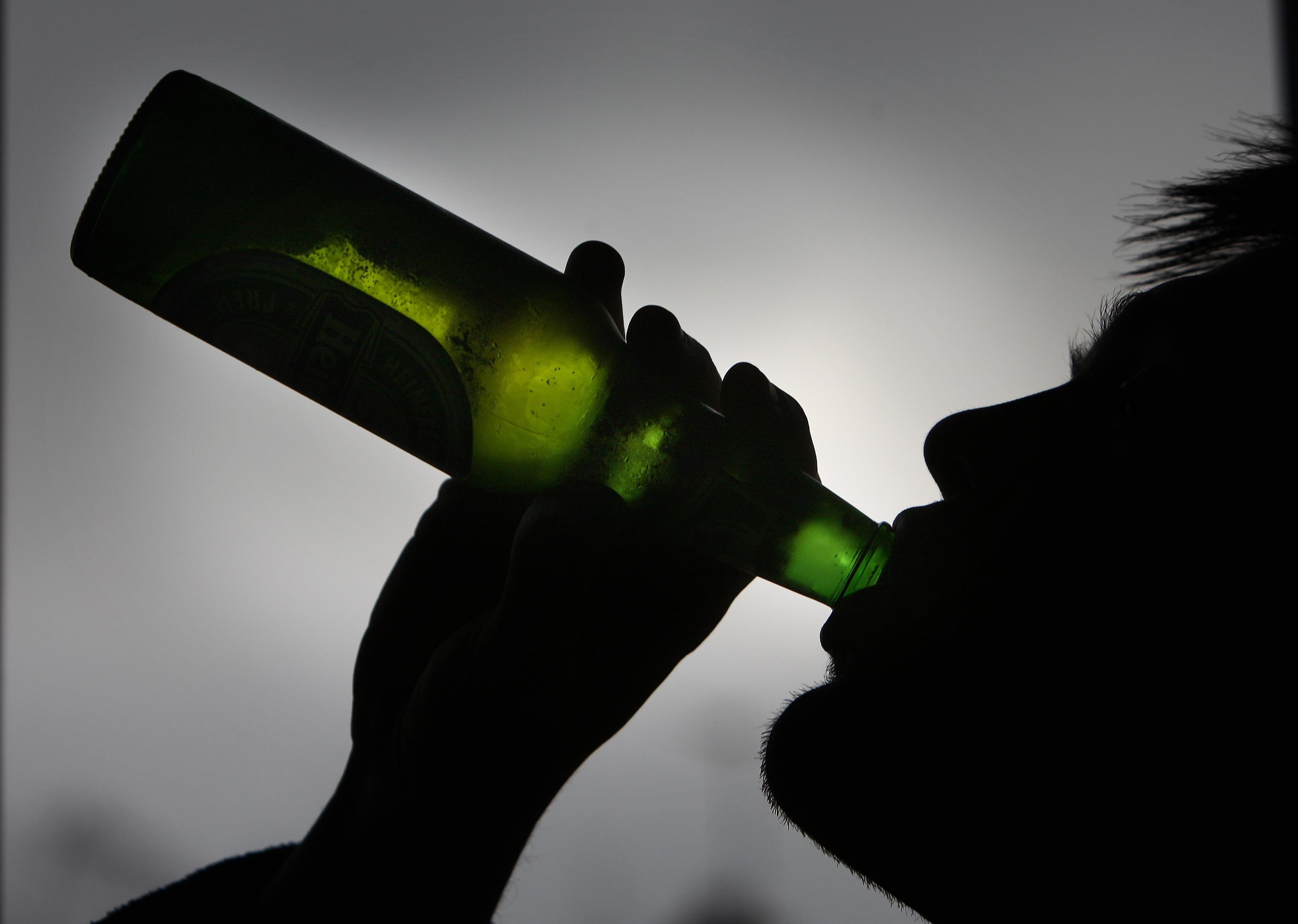Ignoring Britain’s growing alcohol crisis is costing us – socially and financially
A decade has passed since an alcohol strategy was published by a Westminster government – a new plan is long overdue, writes Julie Bass


The need for clear boundaries around alcohol in the workplace was a key theme of the recent Sue Gray report. Excessive drinking “is not appropriate”, she said, in offices or wherever people carry out their jobs “at any time”.
However, the drinking culture Gray exposed is not just an issue in Downing Street and Westminster. The extent of this nation’s ambivalent, and at times toxic, relationship with alcohol was highlighted in a recent report from the all-party parliamentary group (APPG) on complex needs and dual diagnosis.
It showed how the pandemic has heightened unhealthy behaviour. Most of us did not break the law while restrictions were in place. But many switched focus from the pub to home during those long days and nights of lockdown.
The consequence has been that some people developed alcohol-related habits which would not have been tolerated by most employers, such as drinking at the desk. Others who already consumed a lot were pushed into seriously problematic drinking by the strains and stresses of Covid.
This is borne out by data on alcohol sales – the amount purchased overall dropped, but heavy drinkers bought more.
Harmful drinking is putting intolerable pressure on the NHS and other public services. Many people who struggle with alcohol misuse are not getting the help they urgently need, with years of underfunding a major factor.
Further evidence, namely from YouGov surveys, shows more than 8 million people were drinking at harmful levels in June last year, nearly double the number at the start of 2020. Deaths in England related to alcohol misuse also saw a worrying 19 per cent rise in 2020 to 8,974.
When someone becomes dependent on alcohol, they cannot then simply quit at will. Nor can the habit be broken quickly. The Royal College of Psychiatrists has warned that it could take years to reverse the behaviour of those pushed into a pattern of problem drinking in the pandemic.
The charity I lead, Turning Point, is not in the business of preaching or judging. Stigma and discrimination around alcohol misuse is itself detrimental because it deters people from seeking help. And many individuals are able to enjoy a drink without negative consequences.
However, we are concerned about the far-reaching repercussions of consumption at unhealthy levels for both society and individuals. Addressing the wider issues caused by harmful alcohol use should be at the top of this government’s priority list.
A decade has passed since an alcohol strategy was published by a Westminster government. A new plan is long overdue.
Countless crimes including domestic violence and homelessness can be linked to alcohol misuse as can many serious health issues.
There is an economic cost too, of alcohol-related harm, which amounts to around £21.5bn. As the cost-of-living crisis grows, more people are likely to be suffering from in-work poverty, on benefits or being homeless, and these are all factors. The affluent may drink more but it’s the socially disadvantaged who are most affected by alcohol-related health issues.
Effective and long-term policies are needed to deal with this. Otherwise, the already over-burdened NHS could be plunged into serious difficulties and individuals will continue to suffer.
Cancer, liver disease and heart conditions are just some of the conditions linked to alcohol misuse. Dependent drinkers already account for one in five of all hospital admissions, the equivalent of over a million a year. Any rise in these figures could prove intolerable for a health service struggling with a pandemic-related backlog of treatments and operations, and with staffing shortages.
A decade of austerity has stripped detox and other provisions to the bone. More than £200m in public health grant money was lost between 2013 to 2019, and some councils have axed up to a third of the money set aside for those with drug and alcohol issues. The result is that only one in five dependent drinkers are engaged in treatment, and deprived areas are losing out the most in proportion to need.
To keep up to speed with all the latest opinions and comment, sign up to our free weekly Voices Dispatches newsletter by clicking here
Addiction is a disease characterised by relapse – it is common for people to go through detox only to return to drinking repetitively. There are no instant fixes, only targeted support provided on a long-term basis. And that requires funding commitments.
We have an opportunity now to take positive action which should include a range of harm prevention and treatment approaches.
Last December, the government published a 10-year drug strategy representing a step towards adopting recommendations from Dame Carol Black’s independent review. Black has said policymakers have a choice to invest or “pay for the consequences”.
Governments are often accused of “nanny state” policies. But helping people to make informed decisions around alcohol – and get professional support when needed – isn’t interfering.
And it could improve their health or even save lives.
Julie Bass is the chief executive of the charity Turning Point






Join our commenting forum
Join thought-provoking conversations, follow other Independent readers and see their replies
Comments